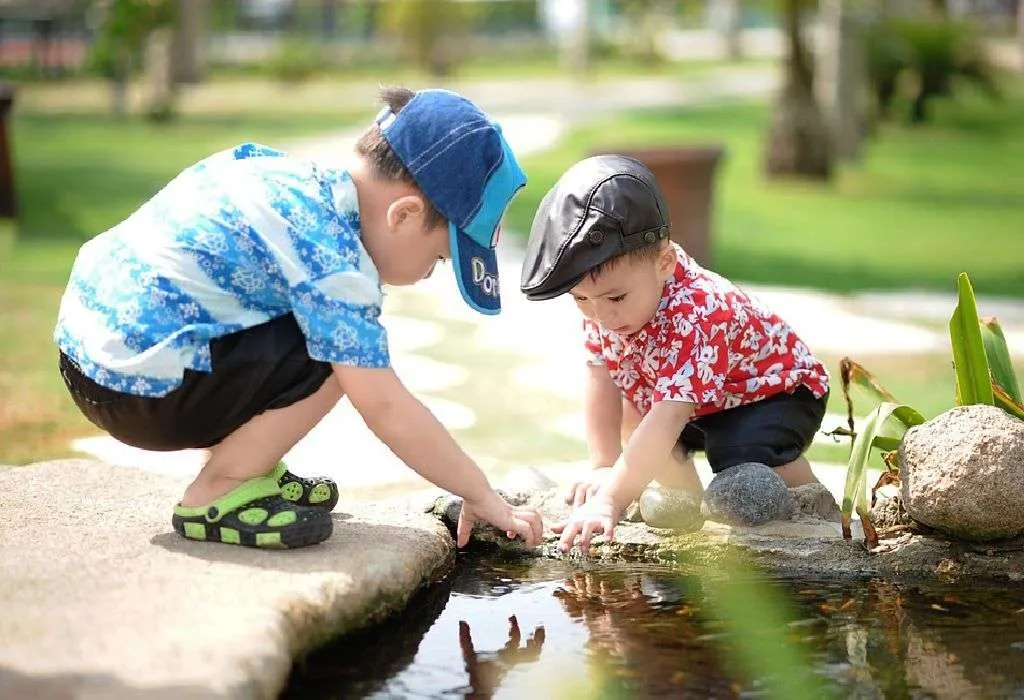In the dynamic landscape of childhood, unstructured play emerges as an invaluable cornerstone. As children navigate the world of toys, games, and imagination, unstructured play stands out as a liberating force.

Defining Unstructured Play
Unstructured play, often called free play, is characterised by its lack of specific rules or objectives imposed by adults. It is a spontaneous and imaginative form of play where children lead the way, allowing their creativity to flourish without constraints. Unstructured play can take various forms, from building forts and creating art to engaging in make-believe scenarios.
Cultivating Creativity and Imagination
One of the profound benefits of unstructured play lies in its ability to foster creativity and imagination. Without pre-determined rules, children can explore ideas, create narratives, and develop problem-solving skills. Whether building a fantastical castle out of cushions or crafting an imaginary world with friends, unstructured play provides a canvas for boundless creativity.
Enhancing Social Skills
Unstructured play is a natural arena for children to develop and refine their social skills. When left to their devices, children negotiate, cooperate, and communicate with their peers. These interactions are essential in honing interpersonal skills, teaching them the art of compromise, and building the foundations for successful collaboration in various aspects of life.
Developing Emotional Intelligence
Through unstructured play, children learn to navigate a spectrum of emotions. They experience the highs of success when their imaginative ventures come to life and the lows of disappointment when things don’t go as planned. This emotional rollercoaster contributes to the development of emotional intelligence, allowing children to understand and manage their feelings while empathising with others.
Improving Cognitive Skills
Unstructured play engages a child’s mind in a multitude of ways, contributing to the enhancement of cognitive skills. Whether it’s sorting objects, constructing intricate structures, or solving problems in the imaginary worlds they create, children exercise their brains in a playful and enjoyable manner. This cognitive stimulation lays the groundwork for improved academic performance and critical thinking skills.

Encouraging Physical Activity
In an era dominated by screens and sedentary activities, unstructured play provides a refreshing avenue for physical activity. Whether running, jumping, climbing, or engaging in imaginative role-playing, children develop their motor skills and overall physical fitness. Unstructured play offers a natural and enjoyable way for children to stay active, contributing to their overall health and well-being.
Building Resilience and Independence
Unstructured play exposes children to a degree of uncertainty and unpredictability, fostering resilience and adaptability. When children are in charge of their playtime, they learn to overcome challenges independently. Whether it’s resolving conflicts with playmates or overcoming obstacles in their imaginative scenarios, unstructured play instils a sense of resilience that prepares children for the complexities of life.
In childhood, unstructured play emerges as a beacon of joy and learning. From fostering creativity and social skills to enhancing cognitive abilities and physical fitness, the benefits of unstructured play are profound and far-reaching. As parents, educators, and caregivers, nurturing an environment that allows children to explore the wonders of unstructured play is an investment in their holistic development, paving the way for a future rich in imagination, resilience, and creativity.
